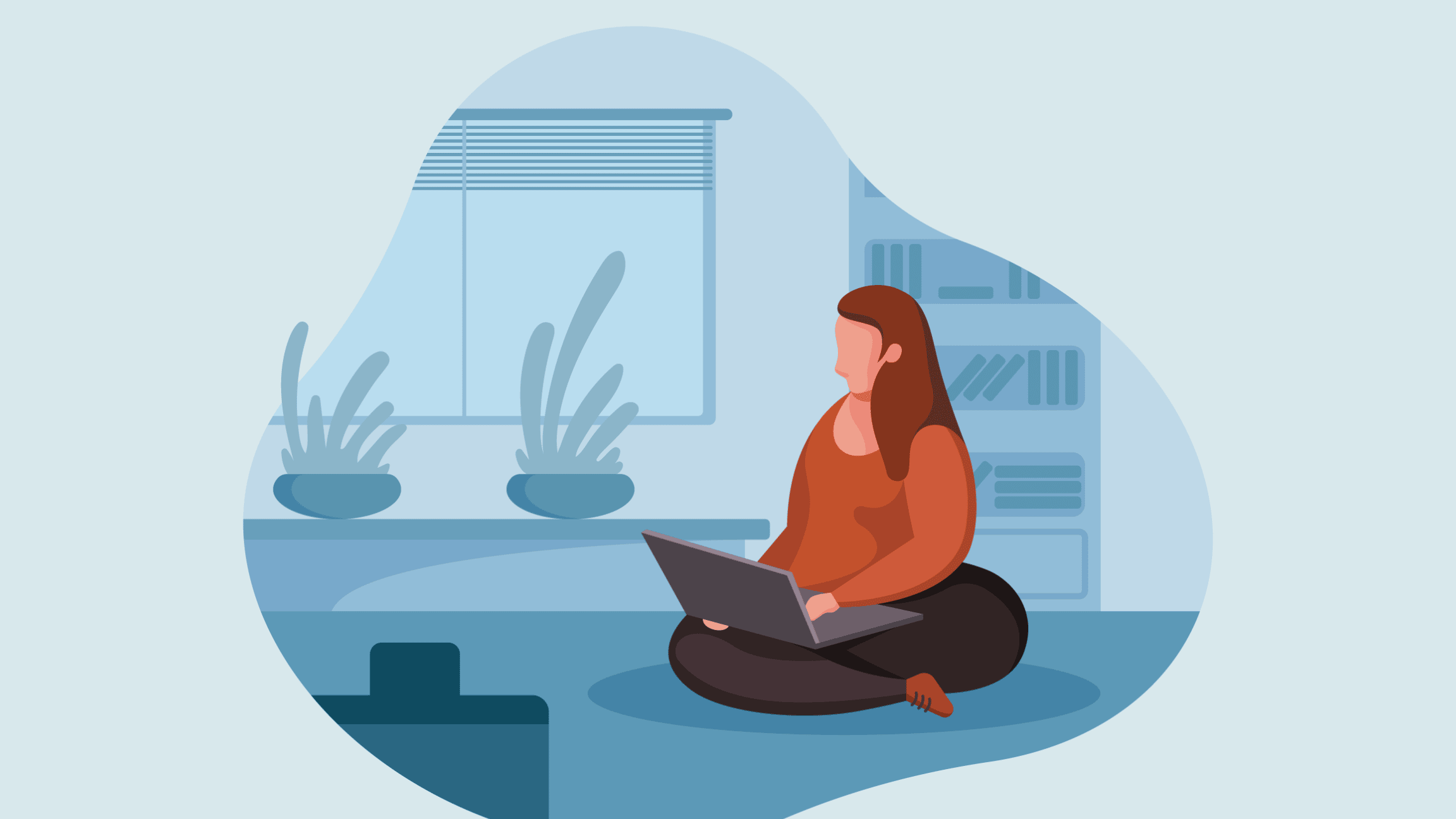Online therapy is a growing field due to its many advantages. It provides a convenient alternative to in-person therapy and allows us to take care of our mental well-being by connecting with licensed professionals. But how does therapy take shape within the virtual world? And can talking to an online psychologist effectively improve our well-being?
What is online therapy?
Online therapy, also known as teletherapy or e-therapy, is a way of receiving mental well-being support remotely via computer or mobile device. An online therapy session takes place by meeting with a licensed psychologist through a chosen communication method, such as video, audio, or text.
Online therapy is safe, private and often an accessible space where you can address different mental well-being-related challenges among which stress, anxiety, self-confidence, relationship issues, life transitions and more, without requiring you to visit a therapist in person.
The options for online therapy are numerous, depending on your needs and preferences. Many online therapy providers, such as OpenUp, allow you to book a free introductory session to investigate whether your request for help fits with the services and decide together what works best for you. If the consultation feels like a good match, you can consider more follow-up sessions.
💡 Also interesting to read: How to Build Your Daily Mental Well-Being Toolkit
How does virtual therapy work?
Let’s keep this simple: online therapy is not that different from its in-person counterpart! In fact, it provides the same validated services while offering more flexibility and allowing individuals to attend the session from pretty much anywhere they like.
The teletherapy process takes place following the same steps as traditional therapy: first, you will need to choose a therapist that you feel comfortable with and that matches your needs. Once you have found the right fit, you will schedule regular appointments for video or phone calls (25-minutes on average). During these sessions, you will go through any challenges you might be facing and you will get support to process emotions and achieve your goals through different interventions.
As with in-person therapy, psychologists who conduct online sessions are required to have the same level of training and experience, so you can expect the same level of care and reliability. Depending on your situation, you can receive different types of therapy, including Cognitive Behavioural Therapy (CBT), solution-focused therapy, Acceptance and Commitment Therapy (ACT), and more.
Tip: before logging in, make sure you’ve thought about where you’ll be during your session. Pick a spot with a good internet connection that is also private and allows you to feel cosy and talk freely.





